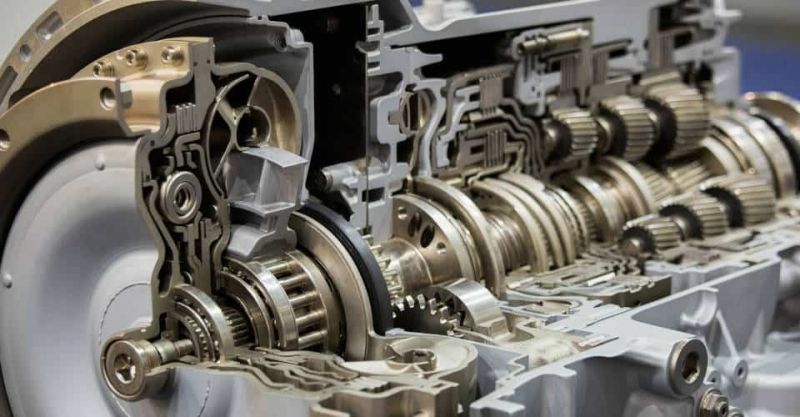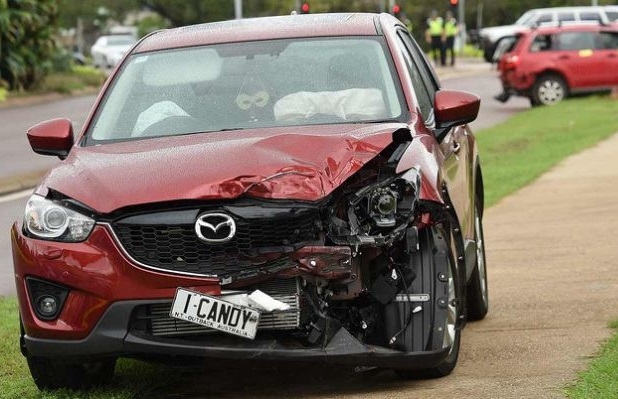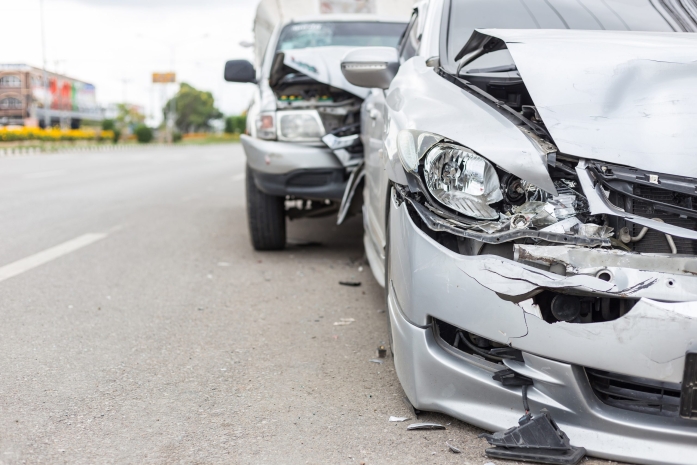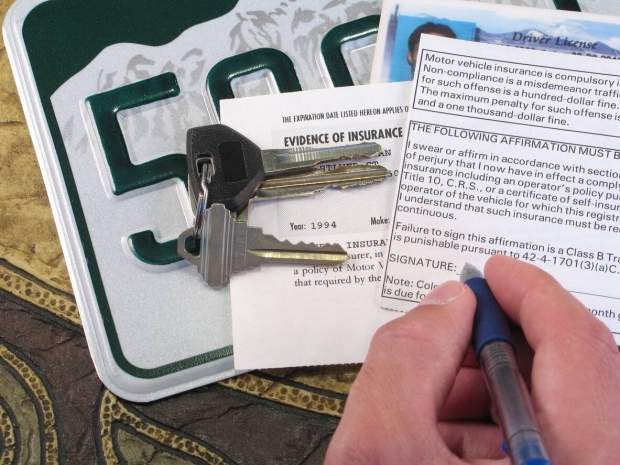Every driver knows that moment of anxiety when their car makes a rattling noise, and they can't quite pinpoint its source. If you’ve found yourself in such an unpleasant situation, too, take a deep breath — you're not alone in this, and we're here to help. Keep reading to learn the common causes behind the mysterious rattling and get tips on how to give your auto a basic check-up and address the noise.
Common Causes of Rattling Noises in Cars
From loose exhaust components to problems with the suspension, engine, or transmission — the root cause of the rattling noises in the car can stem from any of these. This is why you should know where to look to find the source of the issue.
Loose or Damaged Exhaust Components
Rattling noises from underneath the auto often point to issues like a loose heat shield, corroded brackets, or damaged exhaust pipes. These problems can arise from rust, road debris, or general wear and tear. Most often, rattling noises in the exhaust system are vividly audible when accelerating. We’ll discuss this in more detail a bit later.
Tightening clamps or replacing rusted components can sometimes resolve the problem. For more complex problems, you should always consult a professional mechanic.
Faulty Suspension Parts
Suspension components like control arms, ball joints, or sway bar links can loosen or wear out over time and cause a rattling noise in cars. You should definitely watch out for clunking sounds when turning or increased noise over uneven roads.
When you suspect the noise is coming from the vehicle’s suspension, go to a trusted mechanic and have them inspect it. Depending on what’s causing your suspensions to rattle, fixing it could be as simple as tightening loose bolts or as complex (and expensive) as replacing worn parts.
Engine Issues Leading to Rattling Sounds
When the engine rattles, it could be due to failing hydraulic valve lifters, piston slap, or even low engine oil levels. A faulty valve lifter creates a tapping noise due to improper valve operation. A piston slap, on the other hand, is caused by excessive clearance between the piston and cylinder wall, and unfortunately, a piston slap can require a complete engine rebuild.
How do you lower the chances of experiencing engine rattling noises? Follow your PMS as it includes regular oil changes and inspections.
Problems with the Catalytic Converter
The catalytic converter helps reduce harmful emissions, but it can develop issues over time. A rattling sound — especially at idle or during acceleration — might mean its internal components are damaged, clogged, or loose. Left unchecked, these problems can hurt your auto’s performance, increase emissions, and lead to costly repairs. The best recipe here is regular inspections and timely fixes.
Transmission-Related Rattling Noises
A car making noises when accelerating, shifting gears, or at specific speeds could also be due to problems with your transmission. These sounds might be caused by loose mounts, worn gears, or low transmission fluid. Sometimes, external parts like the driveshaft or torque converter are the culprits. It's advisable to have a reliable technician look it over as soon as possible because neglecting these noises might result in larger and more costly issues.
Diagnosing Rattling Noises During Acceleration
Hearing rattling noises while accelerating is both distracting and concerning. These sounds often vary depending on the driving situation, whether it’s going uphill, cruising at low speeds, or encountering metallic clanking. Each scenario provides important clues about the source of the problem.
Rattling Sounds When Accelerating Uphill
When you hear a rattling noise during uphill acceleration, it is often a clear sign of mechanical problems that are worsened by the extra strain on the engine and transmission. This type of noise can result from weak motor mounts, which fail to stabilize the engine under stress, exhaust leaks caused by worn or damaged components, or detonation (pinging) due to low-octane fuel.
One way to reduce the rattling noise when you accelerate uphill is by switching to higher-octane fuel and inspecting motor mounts or the exhaust system for damage.
Identifying Rattles at Low Speeds
A rattling sound when accelerating at low speed might be related to suspension parts, loose interior, or even worn tires. To pinpoint if it’s actually the suspension causing the noise, pay attention to whether the sound changes with speed.
Recognizing Metal Clanking Sounds
Metal rattling noise when accelerating often involves loose parts, like brackets or the heat shield. These sounds are particularly noticeable during acceleration or after hitting a bump. Check your under-car brackets and the heat shields near the exhaust to make sure nothing has got loose.
Rattling Noises Related to the Exhaust System
We’ve already touched on common exhaust-related rattles and the role of the catalytic converter; however, there’s still more to learn about identifying and understanding these.
Identifying Exhaust Rattles During Acceleration
Loose heat shields, corroded brackets, and damaged exhaust pipes are common culprits behind exhaust rattles. Pay attention to when and how the rattle in the exhaust changes. A rattling that gets louder as you press the gas pedal often indicates the exhaust system is vibrating more intensely with increased engine power. The pitch and volume of the rattle can tell you a lot — a high-pitched, tinny sound typically suggests a heat shield issue, while a deeper, more resonant rattle might point to problems with the main exhaust components.
Location is also crucial for diagnosis. Try to notice if the sound is coming from the front of the car (near the engine), the middle (around the catalytic converter), or the rear (near the muffler).
If the rattles are accompanied by power loss or unusual exhaust smells, have your converter checked as soon as possible.





